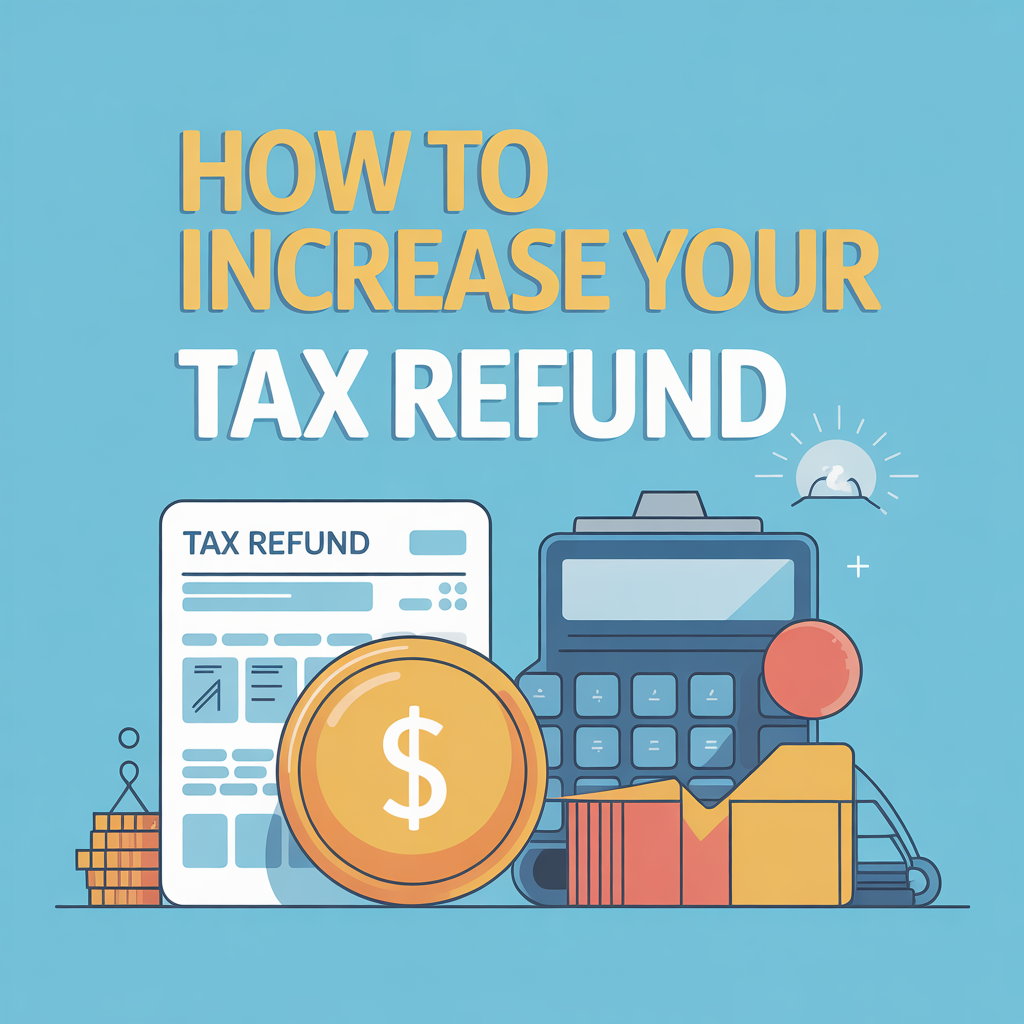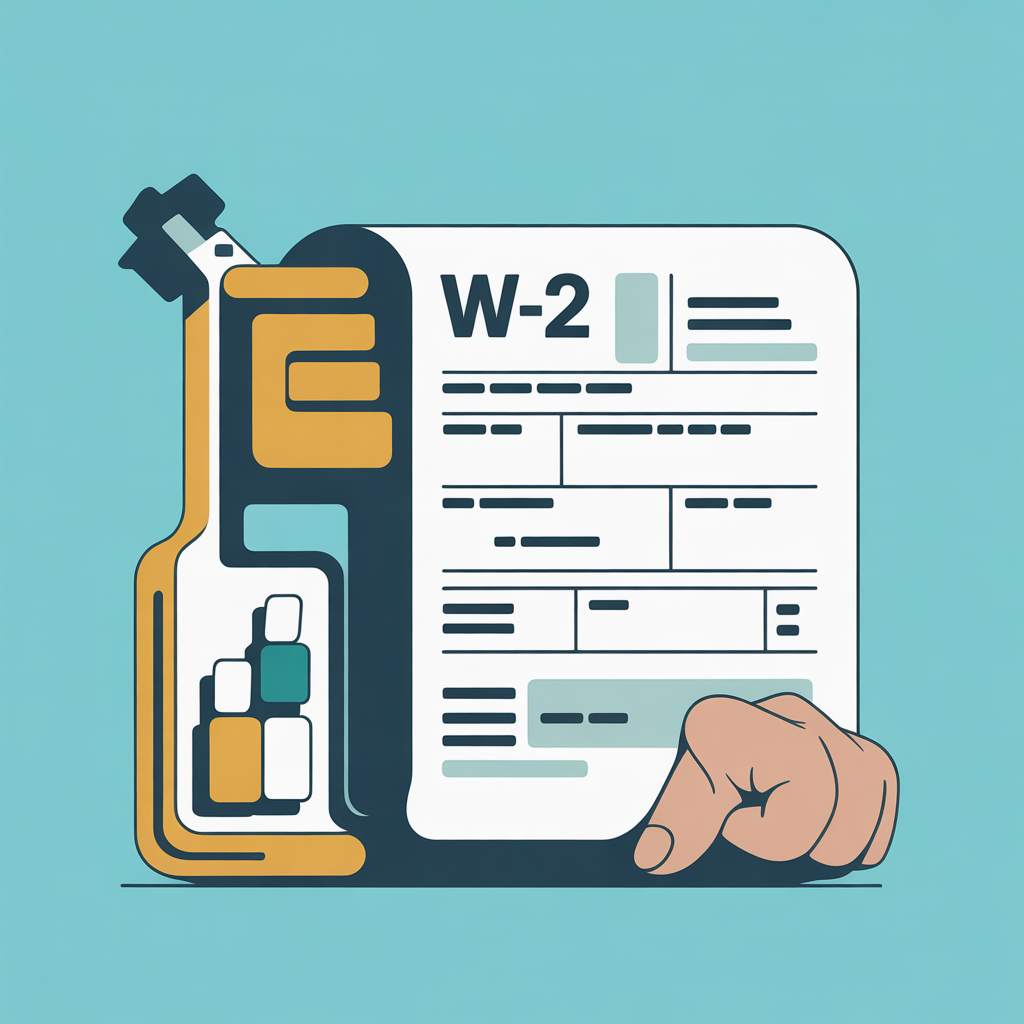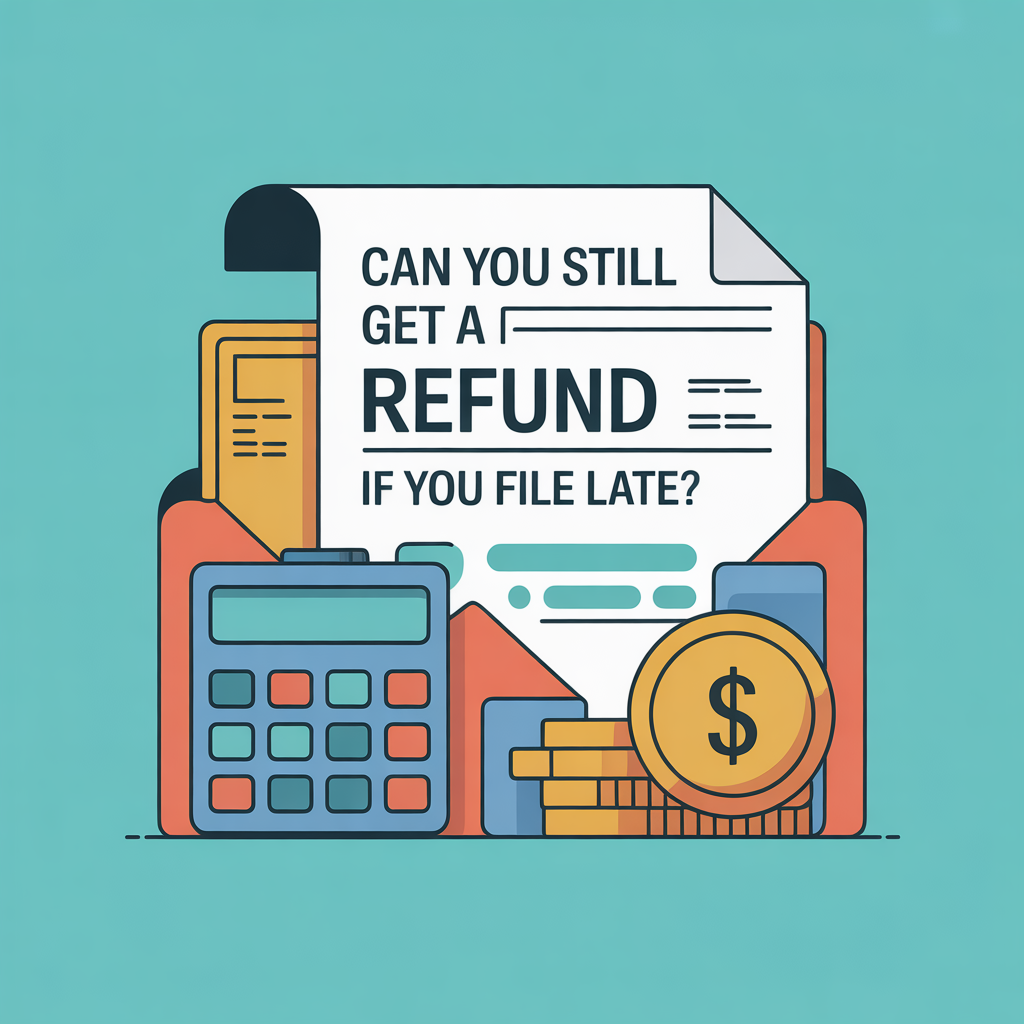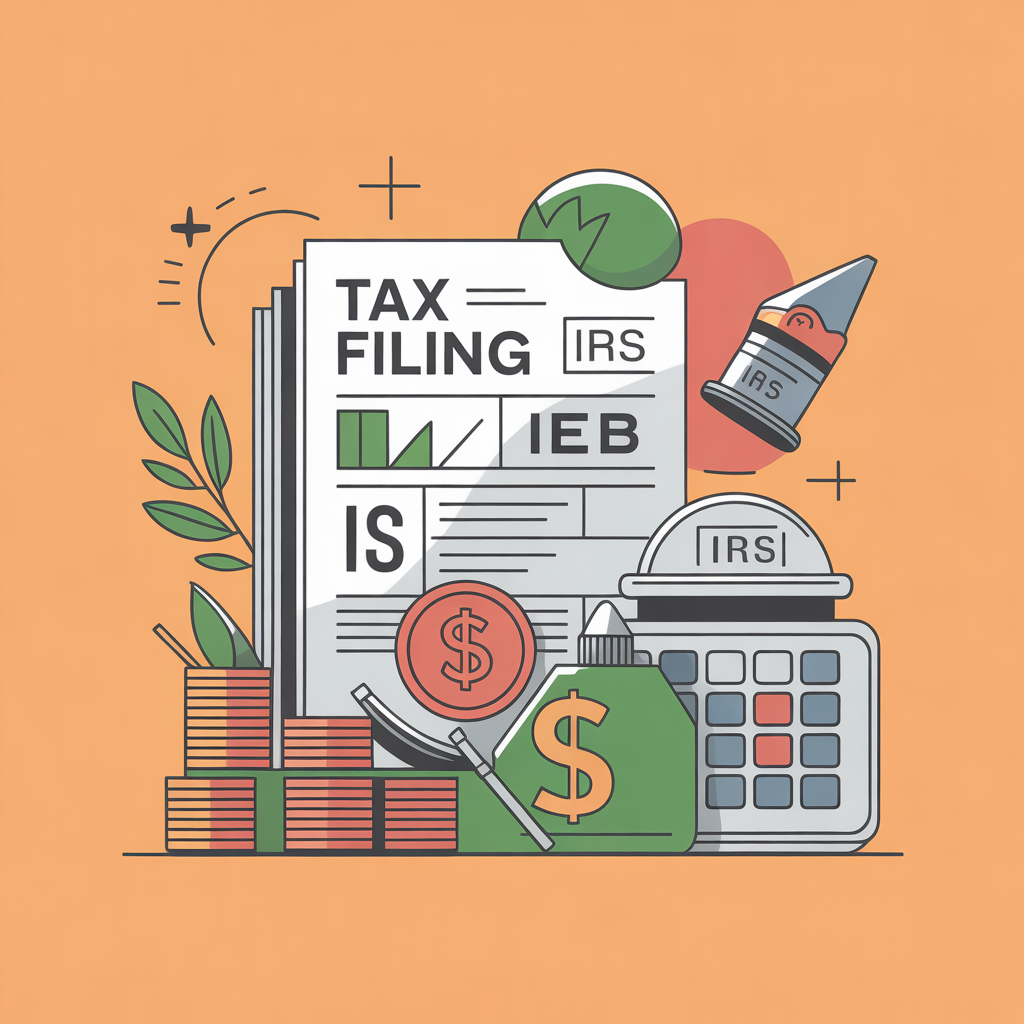When it comes to taxes, no one wants to hear from the IRS—especially not for an audit. While audits are rare, certain mistakes or inconsistencies on your tax return can raise red flags and increase your chances of getting selected. The good news? Most of these red flags are avoidable with careful planning and honest reporting.
Here’s what you need to know to stay off the IRS radar.
What Triggers an IRS Audit?
The IRS uses a combination of automated systems and manual reviews to flag suspicious returns. Here are some common reasons your tax return might catch their attention:
- Unreported Income
The IRS receives copies of your W-2s, 1099s, and other income statements. If your return doesn’t match their records, that’s a big red flag. Even small freelance gigs or side hustle payments should be reported.
- Excessive Deductions or Credits
Claiming unusually high deductions—especially for charitable donations, business expenses, or home office use—can raise suspicion if they’re out of proportion to your income.
- Large Business Losses (Especially for Sole Proprietors)
Consistently reporting losses from a business can prompt the IRS to question whether your business is legitimate or just a tax shelter.
- Round Numbers Everywhere
If your return is full of neat, rounded numbers (e.g., $1,000 instead of $1,023), it may look like you’re estimating rather than reporting actual amounts.
- Mismatched Information
Simple typos, incorrect Social Security Numbers, or mismatches between forms (like 1099s) can trigger further scrutiny.
How to Avoid an Audit
Audits aren’t always avoidable—but being thorough and transparent can significantly lower the odds. Here’s how to stay in the clear:
✔️ Be Honest and Accurate
It sounds obvious, but it’s the #1 rule. Report all sources of income, use actual numbers, and don’t inflate expenses. If you’re ever unsure, talk to a professional.
✔️ Keep Detailed Records
Hold onto receipts, bank statements, invoices, and any relevant documents that support your deductions or claims—for at least 3 years, ideally longer.
✔️ Don’t Overdo the Home Office Deduction
You can only claim a home office if it’s used exclusively and regularly for business. A kitchen table or shared guest room doesn’t qualify.
✔️ Use a Reputable Tax Professional
Working with a qualified tax preparer or CPA reduces the risk of errors and improves the accuracy of your return. Plus, they can help you stay compliant with evolving tax laws.
✔️ Double-Check Before Filing
Always review your return before hitting submit—check for typos, missing forms, or incorrect numbers. Small errors can trigger big problems.
What to Do If You’re Audited
If you do get selected for an audit, don’t panic. Here’s what to do:
- Respond promptly to IRS requests
- Stay organized and professional
- Provide only the information requested
- Consider hiring a tax professional to represent you
Most audits are done by mail and involve just a few questions or documents.
Final Thoughts
The best way to avoid an IRS audit is simple: be honest, be organized, and stay informed. At RIWA Tax Services, we help individuals and businesses file accurate, audit-proof returns every year.
Need help getting ready for next tax season—or cleaning up last year’s return?
Contact us today for a free consultation.
Contact us: +1 (972)-996-6644
Email us : info@theriwa.com Visit our website : https://theriwa.com/






